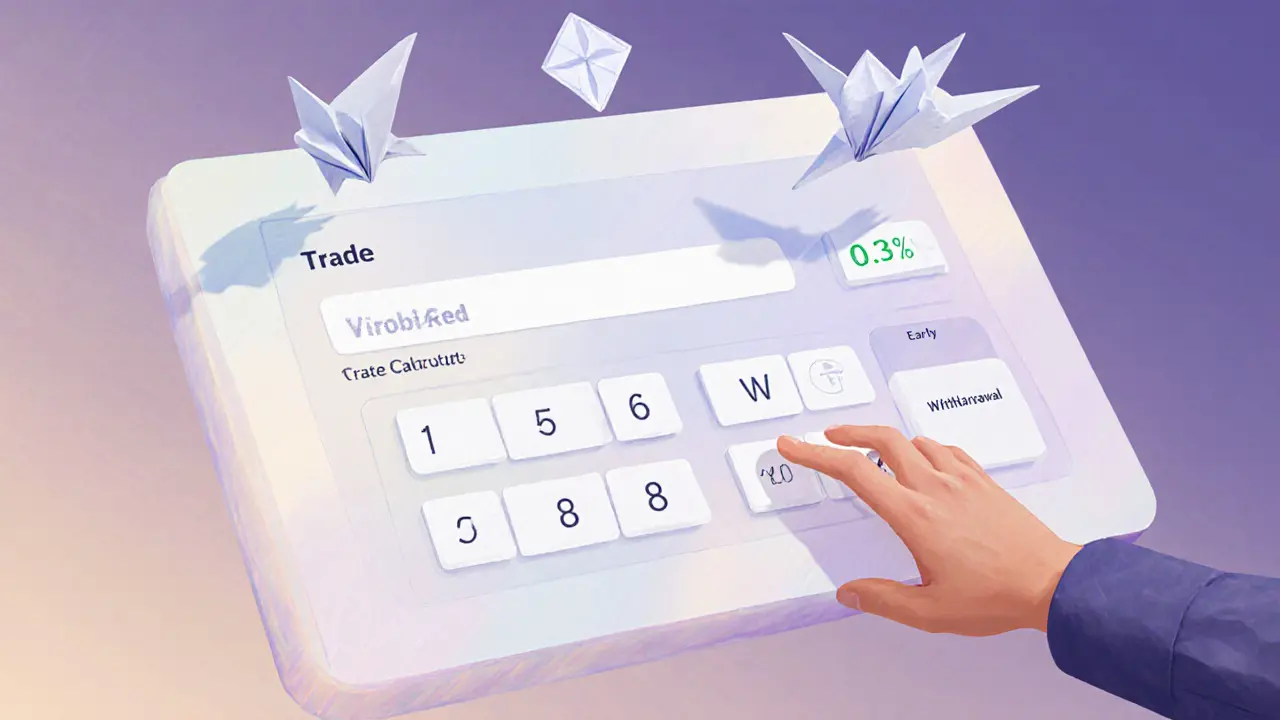Crypto Exchange: Reviews, Fees, Security & More
When working with crypto exchange, a platform that lets you buy, sell, or swap digital assets. Also known as digital asset exchange, it sits at the heart of any cryptocurrency activity. A centralized exchange, an organization that controls order books and custody and a decentralized exchange, a peer‑to‑peer protocol without a single operator are the two main families. Understanding how these families differ is the first step to picking the right platform for your goals.
The crypto exchange ecosystem is driven by three core attributes: fees, security, and regulation. Fees dictate how much you lose on each trade – ranging from flat rates on some CEXs to dynamic gas costs on DEXs. Security covers everything from two‑factor authentication to cold‑storage audits, and weak security can turn a reputable platform into a money‑sucking black hole. Regulation, meanwhile, shapes who can access the platform, what KYC checks are required, and how transparent fee structures must be. In practice, a low‑fee DEX might lack the insurance coverage a regulated CEX provides, so traders constantly balance cost against safety.
Key Factors When Choosing a Platform
First, decide whether you prefer a centralized exchange, which typically offers higher liquidity and faster settlements or a decentralized exchange, which gives you full control of private keys. Centralized services often bundle advanced tools like margin trading and fiat on‑ramps, but they also hold your funds, creating a single point of failure. Decentralized options let you stay in control, but you’ll need to manage gas fees and may face lower liquidity for niche tokens.
Next, compare fee structures. Some CEXs charge a maker‑taker model where makers pay less than takers; others flat‑rate a small percentage of each transaction. On DEXs, the fee is usually a fixed percentage of the trade plus the network gas cost, which can spike during congestion. Look for platforms that disclose fee tiers clearly – hidden costs erode profits faster than market volatility.
Security should be a non‑negotiable checkpoint. Check whether the exchange has undergone third‑party audits, offers multi‑signature wallets, and provides insurance funds for potential breaches. Look for features like withdrawal whitelists, session‑timeout alerts, and cold‑storage ratios. Even the best‑secured exchange can be compromised if you reuse passwords or ignore phishing warnings.
Regulatory fit matters too. If you live in a jurisdiction with strict crypto rules, you’ll need a platform that complies with local AML/KYC standards. Some exchanges block users from certain countries, while others offer global access with tiered verification. Knowing the regulatory landscape helps you avoid sudden account freezes or fund seizures.
Finally, think about the ecosystem you want to tap into. Want to trade Bitcoin, Ethereum, and a handful of big‑cap coins? A major CEX with deep order books will give you tight spreads. Looking to experiment with emerging tokens on the Binance Smart Chain or Polygon? A DEX on those networks can provide instant access without waiting for listings.
Below you’ll find a curated collection of deep‑dive articles that unpack these topics. From side‑by‑side reviews of popular platforms like Binance, Blockchain.com, and BICC, to security checklists and fee breakdowns, the guides are designed to give you actionable insight before you place your next order. Dive in to see how each exchange stacks up against the criteria we just covered, and arm yourself with the knowledge to trade smarter.




